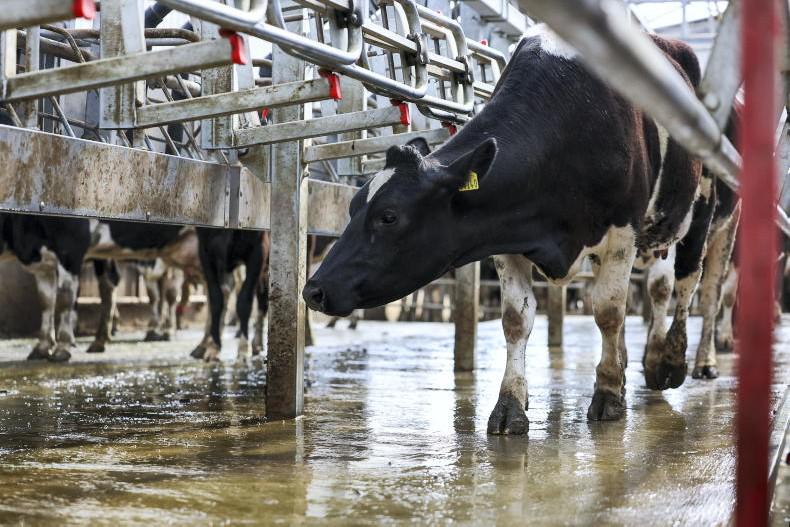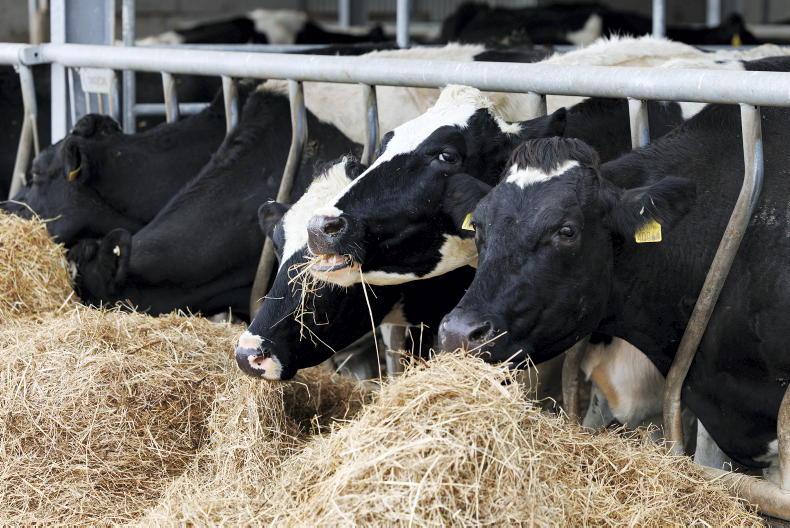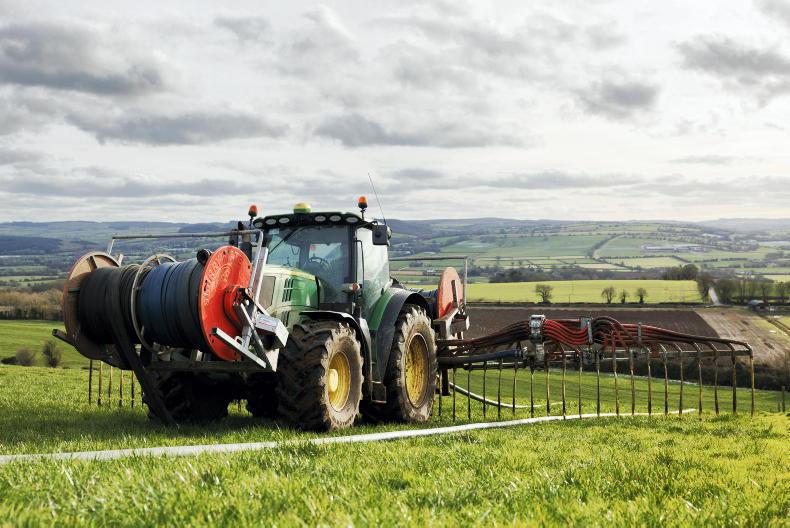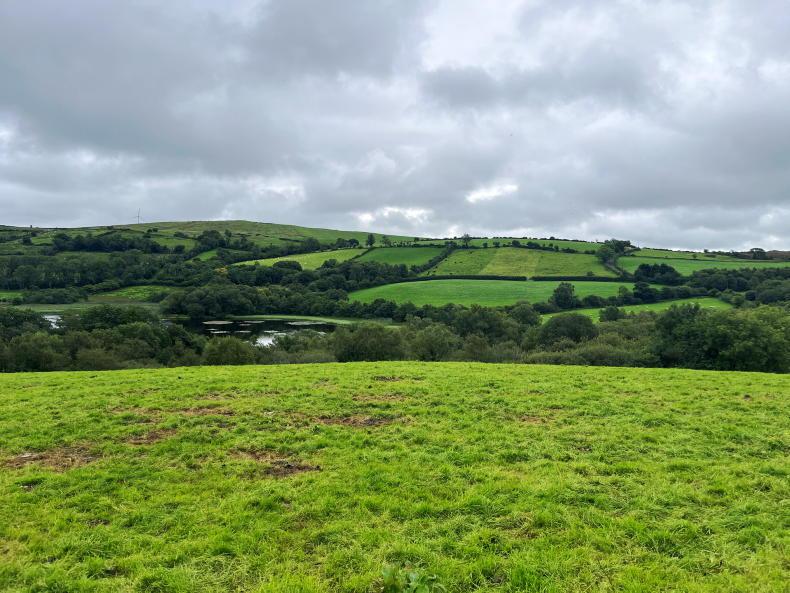Some 256 Tirlán suppliers have submitted over €1.5m in applications to the €60m Government and European Commission Farming for Water EIP fund for dedicated water enhancement measures on their family farms in the past 12 months.
That number is expected to increase significantly over the coming months.
This is in addition to over 2,000 on-farm sustainability engagements across the Tirlán supply catchment.
A spokesperson for Tirlán said that growing numbers of farm families are working with the co-operative’s dedicated farm sustainability advisers, attending discussion groups, farm walks and workshops and taking science-based actions on farm and in the community to improve water quality and enhance biodiversity.
Key role
Local authorities across the River Slaney catchment, along with Irish Water, and food companies, Kepak, Dawn, and ABP Food Group, are also playing a key role in supporting the programme.
The collaborative nature of this ongoing project means that learnings and beneficial practices from the programme have far greater reach throughout the country, the partners say.
Industry approach
Minister for Agriculture Martin Heydon said: “It is great to see an all of industry approach to the issue of water quality along one of Ireland’s major rivers. Raising awareness and fostering a collective approach among farmers, processors, and industry stakeholders is crucial to achieving real and lasting change.
“This programme presents a huge opportunity for all parties involved to continue to play a pivotal role in driving positive and long-lasting change across a huge swathe of one of Ireland’s most fertile regions.
"We've made progress and I appreciate that but we can't be complacent and together we can all make a difference to water quality in the region.”
Tirlán chair, John Murphy, said the processor is committed to long-term programmes to support farmers to continue their work to enhance and protect their lands and waters for the future.
“Tirlán has invested significant resources to deliver our water quality programmes, based on best practice.
“We have seen a high level of engagement with this programme and hit many milestones over the past year. The willing engagement of our farmers with the Farming for Water programme shows they want to do their best for their lands and their communities. It will take time for the best practice measures to be fully reflected in water quality data captured,” he said.
Tirlán CEO, Seán Molloy, said: “We are focused on ensuring that Tirlán and its farmers, alongside agri-food organisations across the country, deliver the best possible case for Ireland’s retention of the nitrates derogation.”
Ecological status
Teagasc has put a major focus on promoting catch crops with its tillage and drystock farmers, as a means of reducing nitrate levels in the Slaney and surrounding areas, Teagasc director professor Frank O’Mara said.
“While the ecological status of the waterbodies making up the Slaney catchment is good, or high, for over 60% of the catchment which compares very well nationally, the high nitrate levels continue to be the main challenge. Further work and collaboration needs to happen to make progress in addressing this issue.”
Recent key performance indicators from the Farming for Water EIP show that Tirlán suppliers are active and engaged when it comes to assessing potential on-farm threats to water quality, applying for support and taking any necessary corrective action.










SHARING OPTIONS